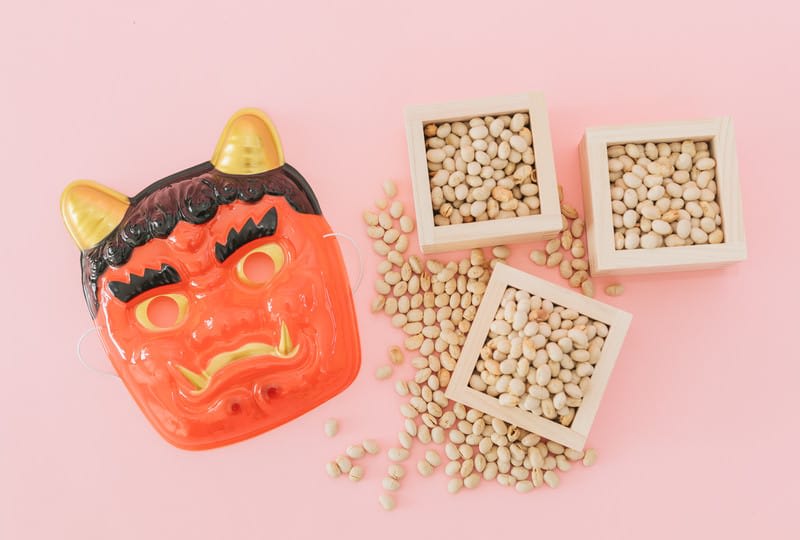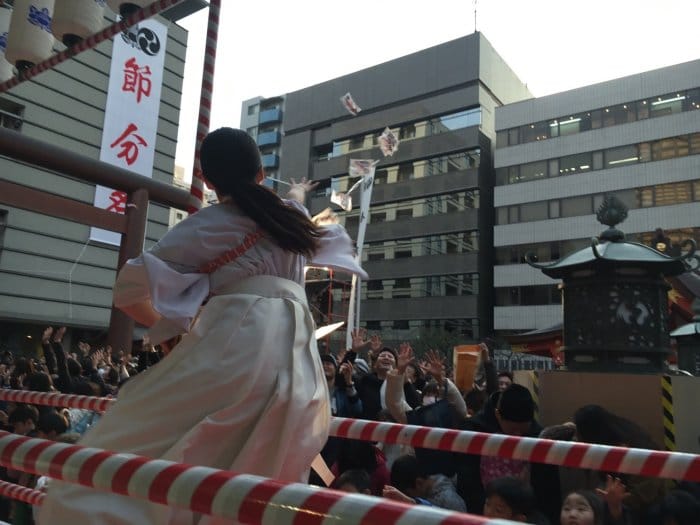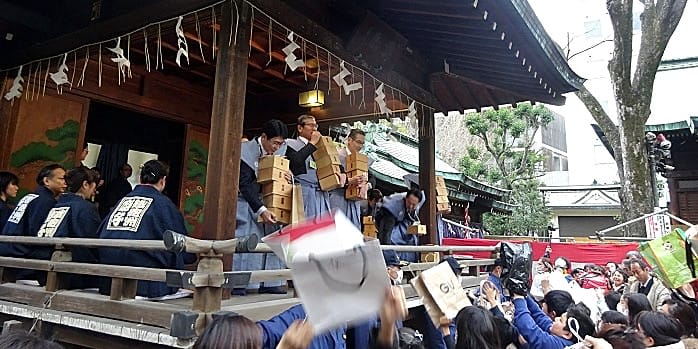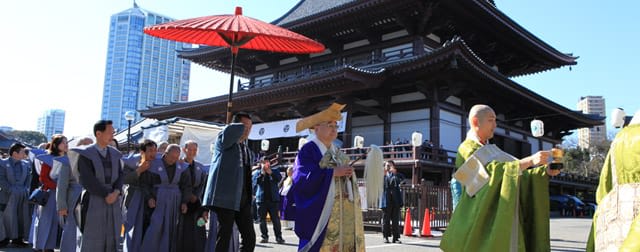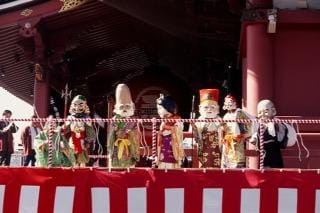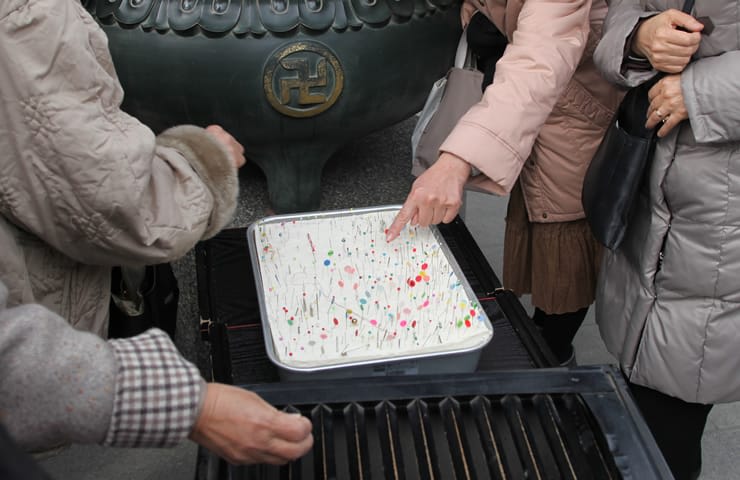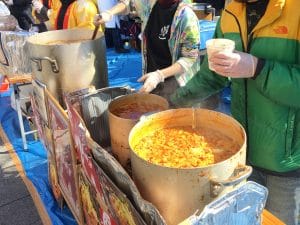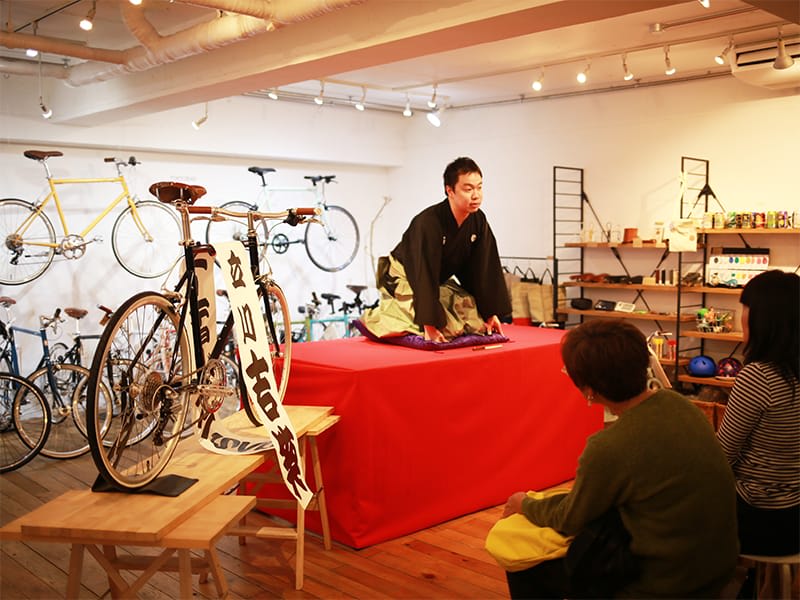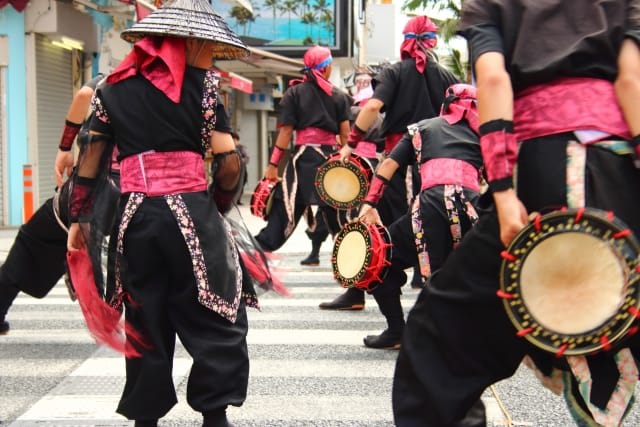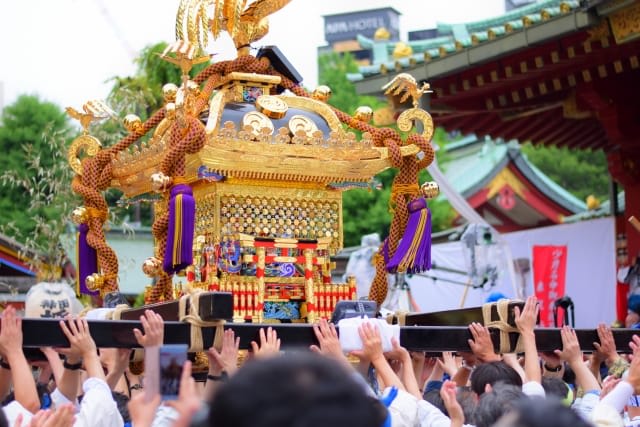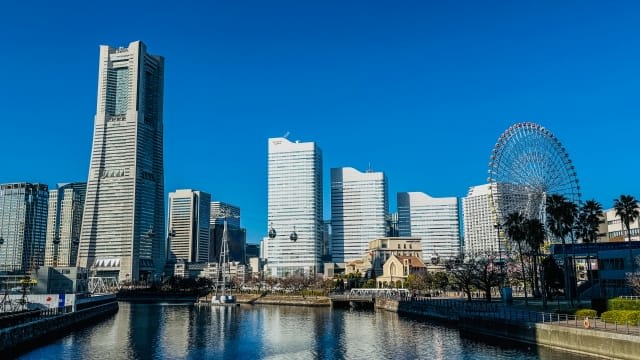Tokyo in February 2025: Highlights, Events & Festivals
This article was made by my own wish to find a comprehensive guide to events at travel destinations. I was born and raised in Shibuya. All the events I'm featuring here are ones that I personally recommend to international visitors, based on my own experience in Tokyo.
Since Tokyo has so many must-see spots that it can be overwhelming, you need to plan efficiently to cover all the attractive locations. That's why Magical Trip offers various Tokyo tours guided by locals.
In particular, our "Tokyo Bar Hopping Night Tour in Shinjuku" (Ranked #1 among all TripAdvisor tours in 2024) and "Shibuya Bar Hopping Night Tour in Tokyo" take you to local favorites that tourists rarely discover on their own. When planning your Tokyo trip, include a Magical Trip tour in your itinerary.

Introduction
Tokyo, the vibrant capital of Japan, stands at the intersection of tradition and modernity. It’s a hub of politics, economics, and culture, known for its soaring skyscrapers and historical temples. As a city with countless attractions, even a week-long trip won't be enough to see everything it offers.
In February, Tokyo starts chilly, with temperatures requiring warm coats, but the latter half of the month introduces milder weather where a light jacket suffices. True to the Japanese saying “February flies away,” the month brings a sense of bustling energy as people dive into work and travel.
This guide introduces eight must-see events happening in February 2025—combining Tokyo’s rich cultural traditions with modern experiences. Let this article inspire your itinerary and make your Tokyo event in February 2025 truly unforgettable!
Year-round Event List in Tokyo 2025↓
・Tokyo: List of Events & Festivals for 2025
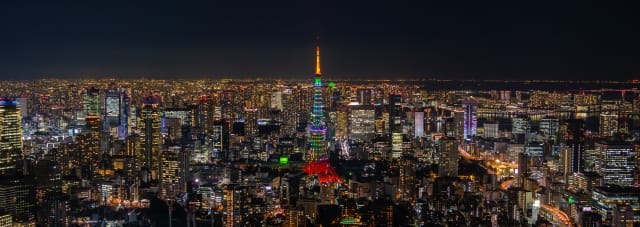
Table of Contents
- Traditional Events in Tokyo, February 2025
- Tokyo’s Gourmet Events in February 2025
Traditional Events in Tokyo, February 2025
Suitengu Shrine Setsubun Festival
Source: Chuo9 Tokyo
Setsubun, held annually around February 3rd, marks the symbolic cleansing of evil spirits and the welcoming of health and prosperity. The event’s highlight is the traditional bean-throwing ceremony, or *mame-maki*. Participants chant “Oni wa soto, fuku wa uchi!” (Out with the demons, in with good fortune!) as they cast beans to drive away negativity and invite happiness.
At the Suitengu Shrine Setsubun Festival, visitors experience this age-old tradition alongside modern performances. Celebrities often join the event, throwing small bags of beans and candy from an elevated stage. Catching these gifts—perhaps tossed by someone famous—adds a layer of excitement!
In addition to the bean-tossing, enjoy live performances that showcase Japanese pop culture. Due to its popularity, participation in the bean-throwing segment may require a lottery draw.
Event Information
- Date: February 3, 2025
- Access:
- Tokyo Metro Hanzomon Line, Suitengumae Station (Exit 5) – 1 min walk
- Tokyo Metro Hibiya Line, Ningyocho Station (Exit A1) – 6 min walk
- Toei Asakusa Line, Ningyocho Station (Exit A3) – 8 min walk
- Toei Shinjuku Line, Hamacho Station (Exit A2) – 12 min walk
- 15 minutes by taxi from Tokyo Station (Yaesu Exit)
- Website: https://www.suitengu.or.jp/
Teppozu Inari Shrine Setsubun Festival
Source: Chuo Kankou Kyokai
Another exciting Setsubun festival takes place at the Teppozu Inari Shrine, where the bean-throwing tradition comes with a twist—prizes! Some beans contain hidden prize tickets, redeemable for luxury items such as televisions or DVD players, adding a competitive thrill to the event.
What sets this festival apart is the use of Hayashi music, a lively ensemble of traditional Japanese instruments. The spirited rhythms make the experience both joyful and solemn, immersing visitors in authentic Japanese culture.
Since this festival runs until 7 PM, it’s a great option after a day of sightseeing or attending other events.
Event Information
- Date: February 3, 2025
- Access:
- JR Keiyo Line / Tokyo Metro Hibiya Line, Hatchobori Station – 5 min walk
- Tokyo Metro Yurakucho Line, Shintomicho Station – 10 min walk
- Toei Bus East 15 (Tokyo Station Yaesu Exit–Fukagawa Depot), get off at Teppozu – immediate access
- Chuo Community Bus (Edo Bus, South Route), get off at Stop 8 Teppozu
- Website:http://www.teppozujinja.or.jp/index.html
Setsubun Tsuina Ceremony at Zojoji Temple
The Setsubun Tsuina Ceremony at Zojoji Temple is one of the most popular Setsubun events in Tokyo, attracting more than 4,000 visitors annually. A unique feature of this event is the participation of numerous celebrities—including entertainers, sumo wrestlers, politicians, and athletes—as bean throwers. Sometimes, internationally renowned figures join the event, adding to its appeal. Check the event roster to see if any familiar names are involved!
There is also a designated family area, so parents with young children can enjoy the bean-throwing festivities without worrying about the crowd. Since the event can get quite lively, the family area offers a calmer space to participate.
In addition to the traditional bean-throwing ritual, Zojoji's Setsubun features parades of people in traditional costumes and Sumo Jinku performances—solo songs typically performed during sumo events. This event offers visitors a chance to immerse themselves in Japanese cultural traditions.
Event Information
- Date: February 3
- Access:
- JR Line / Tokyo Monorail: 10 min walk from Hamamatsucho Station
- Toei Mita Line: 3 min walk from Onarimon Station or Shiba-Koen Station
- Toei Asakusa & Oedo Lines: 5 min walk from Daimon Station
- Toei Oedo Line: 7 min walk from Akabanebashi Station
- Tokyo Metro Hibiya Line: 10 min walk from Kamiyacho Station
- Admission: Free
- Website: https://www.zojoji.or.jp/event/ev_setsubun.html
"Fukujyu-no-Mai" Seven Lucky Gods Dance at Sensoji Temple
Source:Taito City Official Website
The Setsubun celebration at Sensoji Temple is famous for its "Fukujyu-no-Mai" (Seven Lucky Gods Dance), which takes place after the traditional bean-throwing. This performance has roots in Kyogen, a form of traditional Japanese comedic theater that originated 150 years ago. Although the Kyogen tradition had faded over time, it was revived about 60 years ago as this dance event.
The performance centers around the Seven Lucky Gods (Shichifukujin), who are believed to bring happiness and fortune. Life-sized figures of these gods make an appearance, and two of them dance to lively traditional music played on Japanese instruments. Watching their movements, synchronized with the cheerful rhythm, is both entertaining and captivating.
The Seven Lucky Gods are symbolic of various blessings, and witnessing this performance is a great way to experience the spiritual side of Japanese culture.
Event Information
- Date: February 3
- Access:
- Tokyo Metro Ginza Line: 5 min walk from Asakusa Station
- Tobu Skytree Line: 5 min walk from Asakusa Station
- Toei Asakusa Line: 7 min walk from Asakusa Station
- Tsukuba Express: 5 min walk from Asakusa Station
- Admission: Free
- Website:https://www.senso-ji.jp/annual_event/05.html
Setsubun Events Across Japan
Setsubun remains a deeply rooted tradition, celebrated nationwide at temples and shrines beyond Sensoji Temple. If you are staying in Tokyo or elsewhere in Japan, check for Setsubun events in your area—participating in local festivities offers a chance to connect with Japan’s unique seasonal customs.
As the Setsubun season approaches, supermarkets also set up special sections featuring Setsubun-themed items such as beans and demon masks (oni-men). Be sure to explore these seasonal corners to join in the tradition yourself!
Hari-Kuyo (Needle Memorial Service) at Sensoji Temple
Source:Sensoji Official Website
Hari-Kuyo, or the Needle Memorial Service, is an ancient Japanese tradition in which people express gratitude for sewing needles that are no longer usable. The ceremony offers a chance to reflect on these tools' service and pray for future success in needlework.
At Sensoji Temple, participants place their broken or worn-out needles into blocks of tofu as an offering, symbolizing respect and gratitude. If you have an old sewing kit with unusable needles, consider bringing them to this event for a meaningful farewell.
In addition to the ceremony, plum blossoms bloom beautifully across the temple grounds during this period, adding a touch of seasonal charm to your visit.
Event Information
- Date: February 8
- Access:
- Tokyo Metro Ginza Line: 5 min walk from Asakusa Station
- Tobu Skytree Line: 5 min walk from Asakusa Station
- Toei Asakusa Line: 7 min walk from Asakusa Station
- Tsukuba Express: 5 min walk from Asakusa Station
- Admission: Free
- Website: https://www.senso-ji.jp/annual_event/06.html
If you're interested in traditional events, it's a great idea to join Magical Trip's Tour before festivals and events. You'll be able to explore with local guides who are experts in Japanese traditions and festivals, so you can ask them about the highlights and key points of the festivals and events during the tour.
By joining the tours below, you'll deepen your understanding of Japanese traditions, making the events you attend twice as enjoyable.
・Asakusa Cultural Walk & Matcha Making Tour
・Yanaka Historical Walking Tour in Tokyo's Old Town
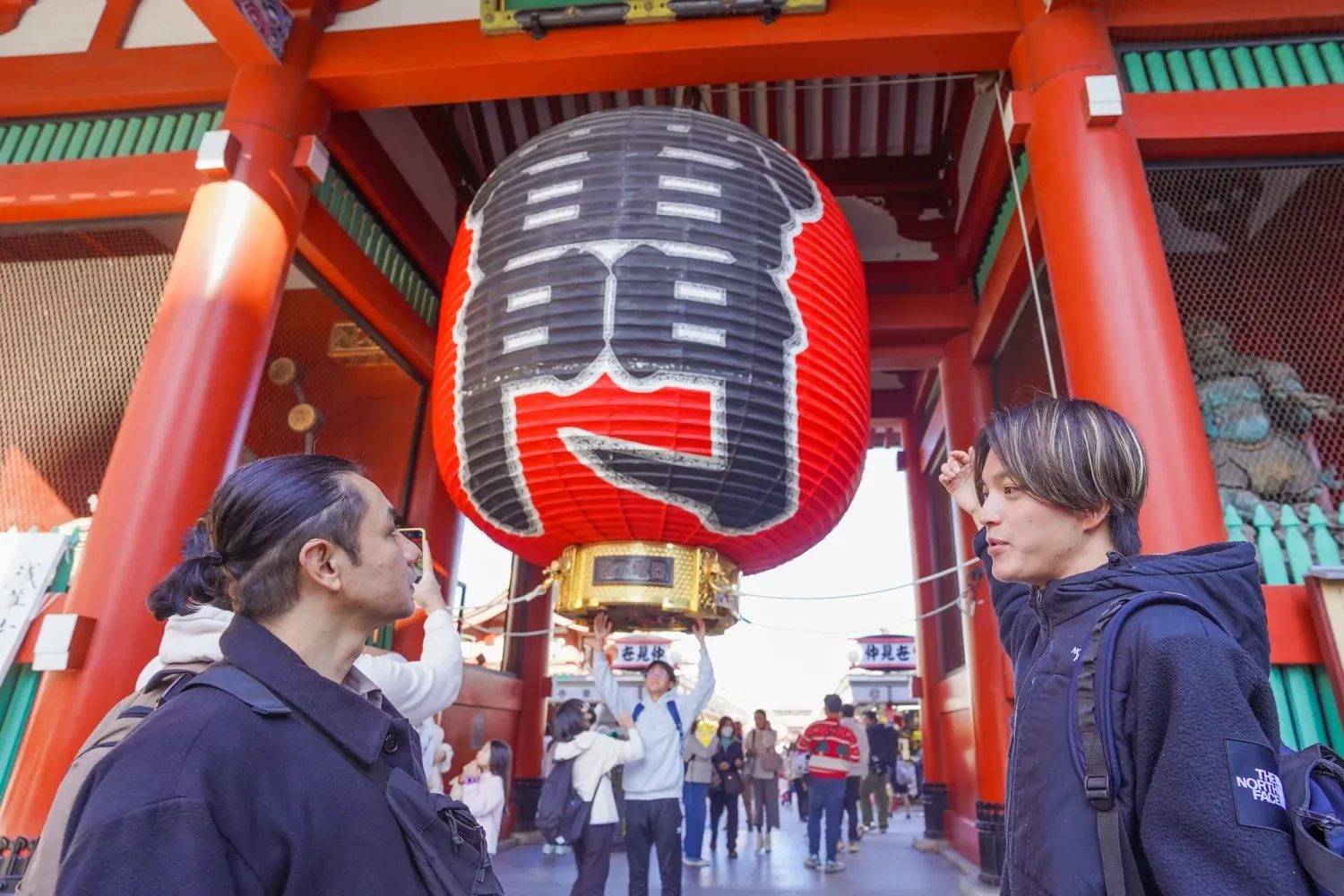
Tokyo’s Gourmet Events in February 2025
Hokkaido Local Cheese Fair
Source: JAcom
The Hokkaido Local Cheese Fair is a much-anticipated annual event in February, celebrating Hokkaido’s renowned cheeses. Attendees can explore a variety of cheeses and learn how to pair them with wine or beer for the ultimate tasting experience.
One of the most popular activities is the Select 5 tasting challenge, where participants can sample five cheeses of their choice from 50 varieties. In 2024, the event also featured a market with over 300 types of cheeses, along with stage events offering tips on enjoying cheese to the fullest.
Details for 2025 are yet to be announced, so stay tuned for updates!
Event Information
- Dates: TBA (2024: February 8–13)
- Access: TBA
- 2024 Location: Omotesando
- Tokyo Metro Ginza / Chiyoda / Hanzomon Lines: 2 min walk from Omotesando Station, Exit A2
- Tokyo Metro Chiyoda / Fukutoshin Lines: 3 min walk from Meiji-Jingumae Station, Exit 5
- JR Yamanote Line: 7 min walk from Harajuku Station (Omotesando Exit)
- Admission: Free
- Website: https://jicheese.com/
Atsujiru Festival (Hot Soup Festival)
Source: Hot Wire Group
The Atsujiru Festival is a two-day soup festival that draws around 4,000 visitors, offering a chance to enjoy delicious soups from around the world.
At this event, participants can sample two soups of their choice from 12 vendors (admission is 700 yen). Popular offerings in 2024 included soup curry, sundubu jjigae (Korean tofu stew), and crab soup. A highlight of the festival is savoring these warm, flavorful soups under the winter sky, a perfect way to beat the cold. Additional soups and bread are also available for purchase.
Event Information
- Dates: TBA (2024: February 17–18)
- Access: North Exit of Koenji Station
- Admission: 700 yen (includes two soups)
Koenji Engei Festival
Source: Suginami Namijanai
The Koenji Engei Festival takes place alongside the Atsujiru Festival and is one of the four major festivals in the Koenji area. During this event, various performances are held across Koenji, including traditional Japanese variety arts and street performances.
One of the must-see performances is Daikagura, a traditional Japanese juggling act. Performers display their skills by balancing objects—such as balls and tea kettles—on parasols or rods, providing entertainment that transcends language barriers.
Event Information
- Dates: TBA (2024: February 9–18)
- Access & Admission: Varies by venue
- Website: https://koenji-engei.com/
